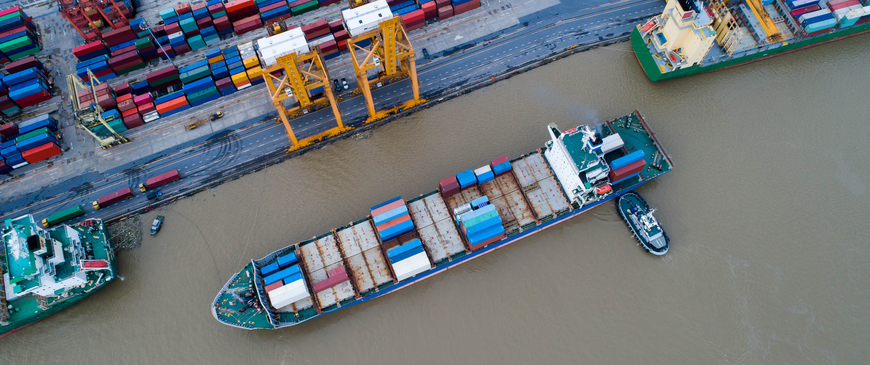
The EU cannot leave it to the US and China to slug it out
Europe is playing a dangerous game allowing China and the US to escalate their conflict, leading to serious ramifications for the EU's economy.
Tensions between the United States and China are running high. Washington fears that Beijing will soon invade Taiwan, a US ally which Beijing sees as a renegade province. Yet Europeans often dither about China.
Chastened by its over-reliance on Russian fossil fuels, the EU is now trying to reduce its dependence on China by diversifying its range of suppliers. At first sight, the EU and US positions therefore appear aligned. But the US is trying to decouple entire supply chains from China, while it is unclear how serious different EU Member States are about de-risking. German chancellor Olaf Scholz and French president Emmanuel Macron, for instance, have each travelled to China with an entourage of business leaders in recent months.
The reasons for the EU’s reticence are obvious. China is the EU’s third-largest export market, while also being the EU’s largest source of imports, including the critical minerals used in countless industrial processes.
If China invades Taiwan, the EU would face pressure from the US to join in trade sanctions, which would have huge economic costs for Europe.
Europe, however, has a clear interest in dissuading China from invading Taiwan. A conflict could significantly damage China’s economy, dampening demand for European exports. China and Taiwan also make up about 45 per cent of the EU’s chip imports. Disruption to these supply chains in a conflict would stymie Europe’s manufacturing industries and Europeans’ access to digital technologies.
The EU therefore cannot leave it to the US and China to slug it out. To convince China not to invade, European partners need to persuade Beijing that the economic consequences of an invasion would hurt China more than the west.
One way the EU could achieve this is through its de-risking strategy. But that will take time, is likely to prove incredibly expensive, and may not achieve its goals.
Efforts to mine or recycle critical minerals in Europe involve significant environmental, technological and economic challenges. And Europe’s strategy to develop free trade agreements in an effort to boost imports of critical minerals from third countries will not convince many European businesses to try new suppliers, unless there are cost advantages.
Although the EU managed without Russian fossil fuel imports, China has a far more sophisticated role in European industrial value chains.
An alternative is for the EU to align more closely with Washington’s efforts to slow down China’s technological advancement and therefore keep it more dependent on the west. The US approach comes with risks. It gives China less to lose by invading Taiwan, while also encouraging it to speed up its industrial capabilities.
But China’s retaliation in response to US trade restrictions has so far been muted, and Beijing has strong incentives to drive division between the US and the EU, which means it is unlikely to retaliate against Europe so long as the EU remains even mildly more open to China than the US.
Slowing down China’s technological development would buy Europe time to develop the niche areas in which it has a durable competitive advantage, and where China and the US still need the EU. These include strategic industries such as the tools needed to produce high-end computer chips and various green energy technologies. Cementing and expanding its lead in these industries would help reduce the risk of conflict – and would remind both the US and China that the EU’s interests matter.
Zach Meyers is a senior research fellow and Sander Tordoir is senior economist at the Centre for European Reform.
